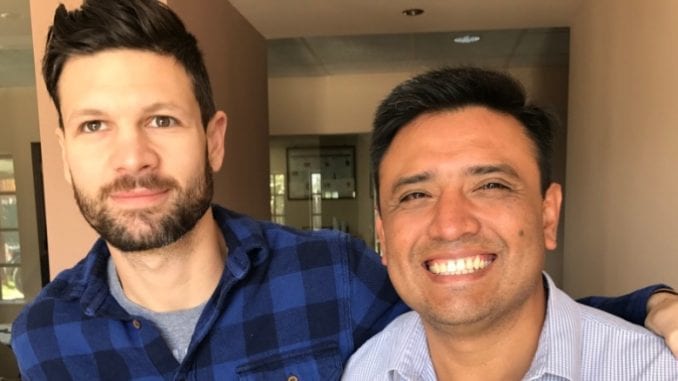
Jon Allen of Onyx Coffee Lab talks about the new transparency section added for each of the company’s coffee offerings, creating a radically unobscured picture of how Onyx scores and buys coffee.
BY CHRIS RYAN
BARISTA MAGAZINE ONLINE
Photos courtesy of Onyx Coffee Lab
This spring, Onyx Coffee Lab—the Arkansas-based roasting company founded by husband-and-wife duo Jon and Andrea Allen in 2012—made a substantial change to their website: They added a transparency section to each coffee they offer that describes how they scored and purchased the coffee, how much they paid for it, and what the C-market and fair trade minimum prices were at that time. While roasting companies commonly list stories behind their coffee and details such as the processing method and elevation—which Onyx does as well—this additional step toward price transparency is considerably less common. Barista Magazine talked to Jon to find out more about Onyx Coffee’s transparency efforts.
Chris Ryan: First off, why did you decide to add the transparency information to your website?
Jon Allen: We have had a continual conversation about what is specialty coffee versus what is commodity coffee, and why paying for green coffee matters—both from an ethical standpoint and from a sustainability standpoint. Growing coffee needs to continue to be a viable business; it doesn’t do us any good if we low-ball a great coffee for two years and then the producer isn’t growing coffee anymore. Publishing the green price, the commodity price, the fair trade price when we bought the coffee, and the cup score gives us a tool through which we can show a real, tangible dollar amount to what we are doing.
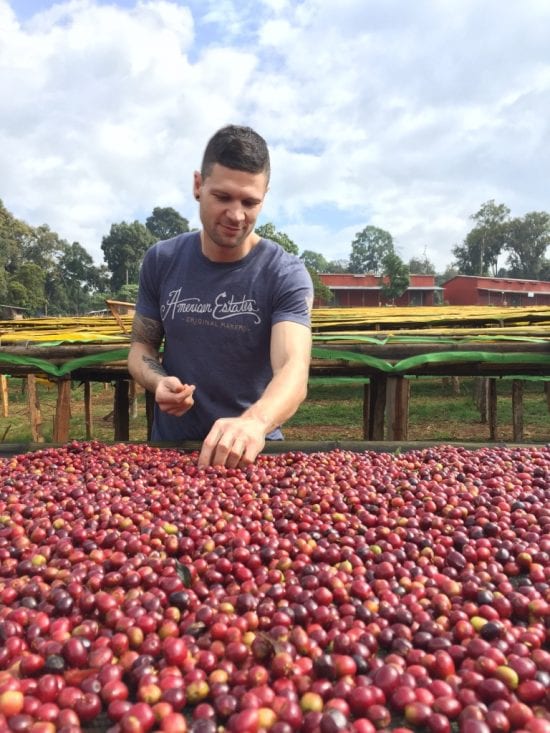
We’ve always had a transparent standpoint and value our relationships with producers, exporters, and importers. It’s not just about price; it’s about promoting everyone we work with, what their coffees score, and what we paid. It’s a mutual relationship—when we buy a coffee, we turn around and advertise everyone who had a hand in it. Specialty coffee is different from commodity agriculture, and we want to show that. It’s not rice, it’s not soy beans—we don’t work like those industries do. Specialty coffee is evolving further and further away from that model. It’s time to bring attention to everyone in the supply chain and make sure that credit is going to the people who deserve it.
Also, we did this just because we can. We don’t have partners or shareholders, so we can post what we want our customers to know. We felt like it was the right thing to do. We want to keep evolving in the industry and keep pushing ourselves, and this felt like a really great way to do that.
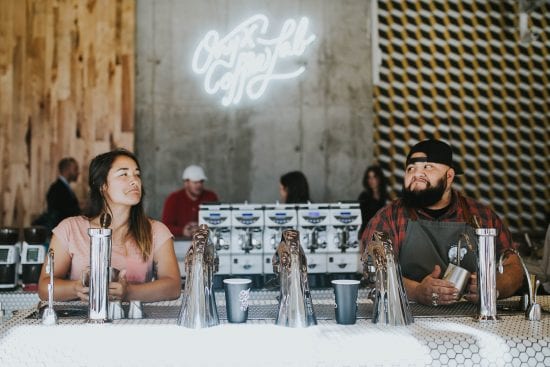
CR: From a price standpoint, why is it important to communicate what you’re paying growers?
JA: As a company, we are very open. We’re young and feel it’s important to set a culture of quality, transparency, and innovation. We don’t feel we need to play within the lines that have been set by previous coffee companies. In the past, we’ve published to our staff the range of salaries in our company and then listed what we pay ourselves.
We always say that we pay what coffees are worth and that we pay high prices. We wanted to be open about what we mean by that statement. We don’t necessarily think that high dollar equals quality, but we do think that paying fairly for high quality makes sense. There are many statements in our industry like “ethically traded” and “direct trade,” but these marketing terms are never clearly defined. We wanted to go ahead and specifically define what we mean by publishing the facts behind our coffees.
Additionally, we recognize that this is a step toward a lot of other work that needs to happen in this area. We’re addressing the price we pay but haven’t addressed payment to pickers, wet/dry mill workers, or anyone else involved in logistics.
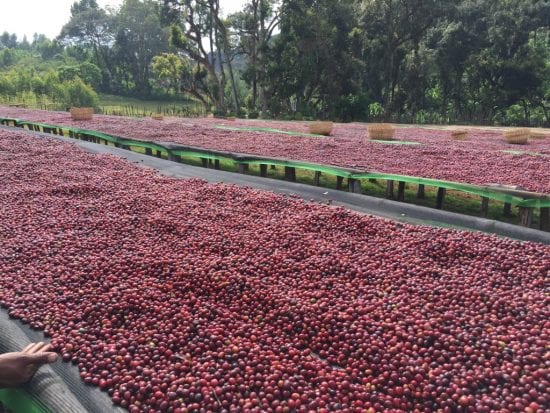
We’ve also found that there is very little open information when it comes to buying coffee. I know that over the past decade I have read everything I could find, and asked a million questions to importers, roasters, and other green buyers. It turns out that no one really shares anything about buying green coffee, and more importantly, many people have really no idea what something was worth. So turn that around, and the public knows absolutely nothing—no clue as to what a coffee costs or what is fair or not, what a certification means or doesn’t. It has seemed very strange to me that the second-most-traded commodity has such secrecy at the top.
Lastly, we also wanted to show that all of our coffees score at the standard we set. We don’t buy lower-quality blender coffees. Every coffee we have is something we are proud of.
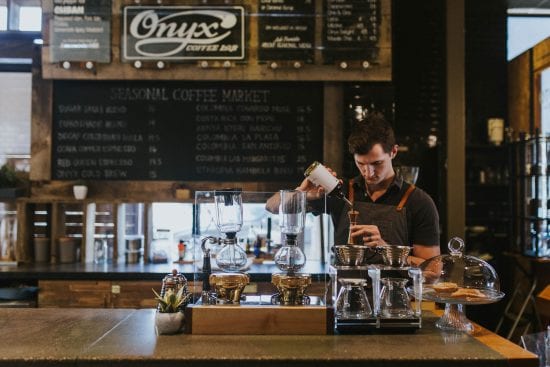
CR: What sort of reaction have you received from adding this information to your website?
JA: After publishing and waiting for a backlash from customers, we got a strange surprise: no complaints from our customers about a coffee that FOB (free on board) was $5 and we sell for $20 (for example). The emails I received were all from roasters and importers surprised at what we paid or commenting on how they always wondered what that coffee costs. It felt to me as if everyone—or at least companies of our size—was really curious about what coffees were really costing other roasters.
CR: Along with the transparency information on the website, you ask people to email you if they have more questions about your transparency efforts. Why did you decide to include that?
JA: We just want people to feel free to ask us questions. Like I said, many coffee professionals and customers know very little about green pricing, etc. That’s not meant as an insult but more of an open door to email with questions or comments. We also didn’t want the transparency to feel like a justification of price or profit or anything like that. We feel that extending an opening for questions is the thing to do.

